While producing Magic: The Gathering, Wizards of the Coast has certainly created many interesting mechanics and abilities over the thirty years since its inception, from banding to flying and everywhere in-between. I imagine that designing a mechanic or ability with the intention to see play across limited and constructed formats is decidedly a challenge. For the most part Wizards of the Coast handles this task well in the modern era. Today we are discussing the keywords, keyword actions, ability words, and themes which missed the mark for one reason or another. If you see a mechanic you enjoy, I hope this doesn’t dissuade you from playing cards featuring it, but I also hope you can see why I think it deserves an inclusion. Welcome back to the Commander Corner, and I hope you don’t mind the mess.
What Qualifies as a Mechanic?
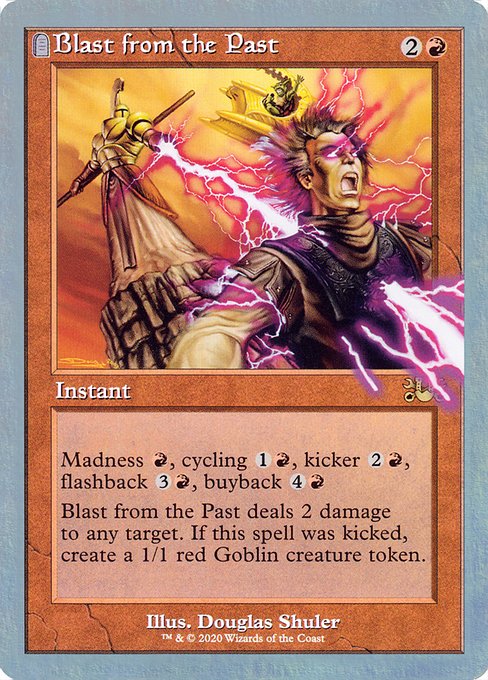
A mechanic is a kind of ambiguous term that describes almost anything in a card’s text box featured across other cards in the set, in a somewhat consistent manner. This includes keyword abilities, keyword actions, and ability words. That still sounds a bit vague, so I’ll outline some examples.
Keyword abilities are things like flying, trample, morph, convoke, and most recently, toxic. Keyword abilities always mean the same thing, and often have reminder text attached to lower rarity cards. Some of these abilities are so useful and commonplace that they’re considered evergreen, which means that you can expect to see them in most sets. Most keyword abilities are named after a descriptor or an attribute exemplified on the card itself.
Keyword actions, which suffer from having a similar name to keyword abilities, are actions the player directly takes as a feature of using the card in question. This includes things as simple as sacrifice and mill or things as complex as connive or open an attraction. While many of the simpler keyword actions feature no reminder text, others are vastly more complex. Additionally, they are almost all named after verbs.
Ability words are things like spell mastery, morbid, or landfall. In the case of landfall, even though the ability might do something entirely different on each card, the ability word itself is simply a way to tell the player they’ll be rewarded for playing lands once this card is in play. Similarly, morbid tells the player that Tragic Slip cares about a creature dying. Today I’m expecting a healthy mix of the three, but a larger focus on keyword actions, as some of the most egregious examples are in said category. With all the explanations out of the way, let’s get into it.
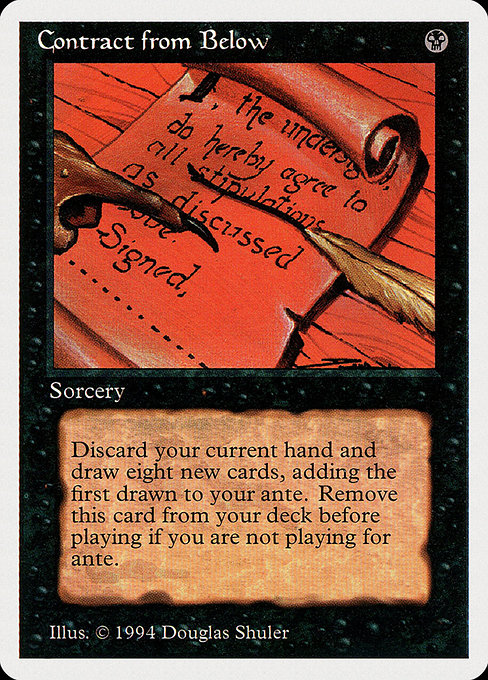
Ante – First Introduced In: Alpha (Banned)
We’re starting off strong, with a mechanic so bad it’s banned in every format. Ante was a mechanic which granted the winner of each game a random card from the library of each player. As you can imagine, it would likely change how you view a game of casual commander. Not only is this a wildly unpopular mechanic if you like ownership of your cards, but there were legal concerns surrounding the idea of Magic being gambling. After the Homelands expansion, no more cards with ante were created. Every card with the ability was subsequently banned in every sanctioned format. If you want to play for ante in an unsanctioned game, you had better make sure it’s legal first! Can this be tweaked for modern day commander? No.
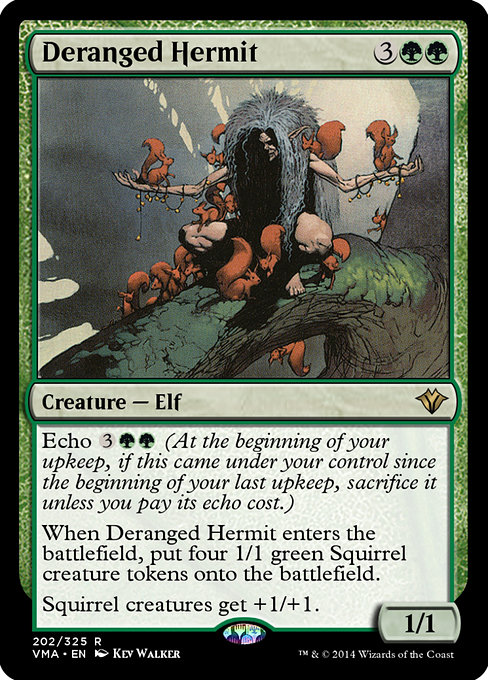
Echo – First Introduced In: Urza’s Saga
Many players are notoriously bad at remembering their upkeep triggers. What do you get when you cross memory issues with a mechanic made inherently worse in multiplayer games? Echo! Missed triggers can be mitigated if you’re especially vigilant, but there are plenty of games where one or more players simply won’t notice if an echo cost hasn’t been paid. Plus, the tempo loss from spending multiple turns on a single card is often hardly worth it. It makes sense that Karmic Guide is one of the most commonly played echo cards, since it’s generally better off in the graveyard anyway. Can echo improve? Yes, especially in premium sets and preconstructed commander decks!
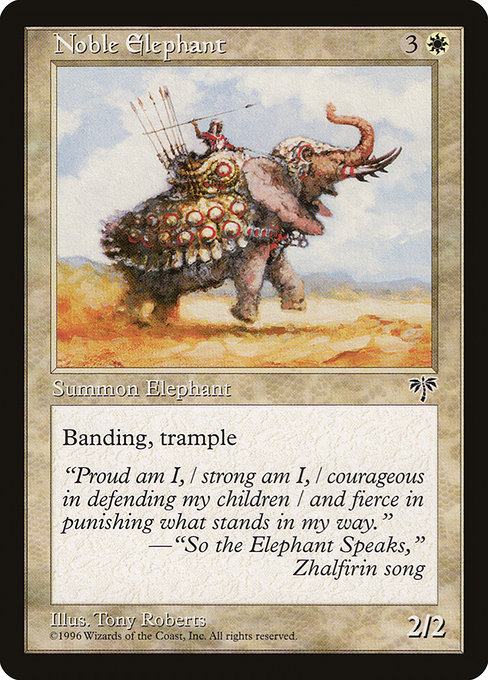
Banding – First Introduced In: Alpha
Well, it’s about time we get this one out of the way. Banding is notoriously one of the most confusing and least well-liked mechanics ever made. It only makes sense this also translates to commander poorly. Of course, I’d be doing you a disservice if I didn’t mention that most of the creatures with banding are absolutely awful. Somehow, the humble Noble Elephant is actually a functional reprint of War Elephant. Of course, there’s some marginal utility in cards which grant the ability rather than creatures who innately have it. You’re better off playing cards which will always win combat instead. Can banding improve? No, it’s just too complicated.
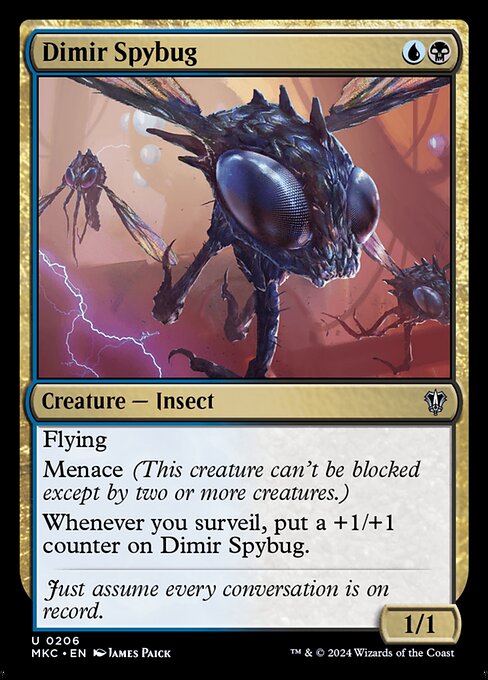
Surveil – First Introduced In: Guilds of Ravnica
This mechanic suffers from just being too narrow in scope. Only sixty cards even have the word “surveil” in the rules text, and only a few actually do the surveilling for you. This means that if you’re looking to build a sweet deck around Disinformation Campaign you don’t have a lot of options at all. This is an example of a mostly parasitic mechanic, a term that describes mechanics that mostly only work within the set they were primarily printed in. Although a handful of cards were errata’d to say surveil when they were doing what surveil did the whole time, it isn’t enough to make this more than a disappointment for commander players. Can surveil improve over time? Yes, especially in premium sets and preconstructed commander products!
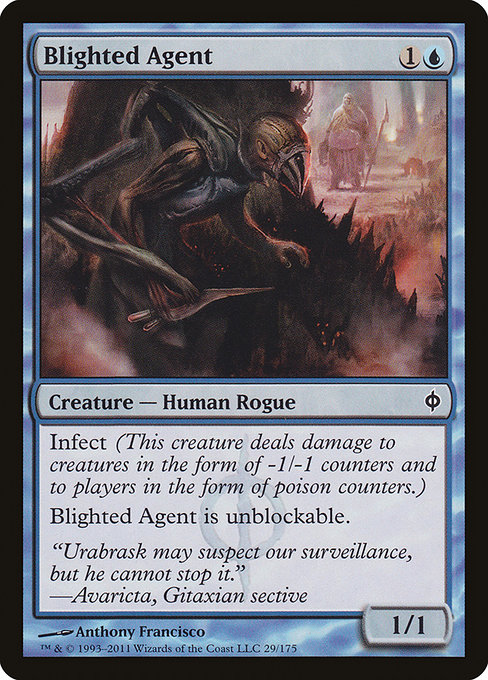
Infect – First Introduced In: Scars of Mirrodin (And to a lesser extent, Toxic – First Introduced In: Phyrexia: All Will Be One)
I love infect, and toxic too. Most people don’t. Regardless of whether or not you like infect, or toxic, you probably have a very strong opinion about both. The reason why is a player with ten poison counters loses the game. Detractors say this is unfair since it’s exceedingly difficult to get rid of poison counters. Infect fans say it’s not unfair because the card pool is limited and it’s exceedingly difficult to defeat three players with it. However, the recent release of Phyrexia: All Will Be One has made it easier than ever to get the poison flowing. The age-old debate has reared its head yet again. I am a fan of the mechanics, but not of the conversation and gameplay. If they print more answers, poison gets even worse than it is. If they don’t print answers, players will complain even more. In that way, infect and toxic have missed the mark quite a bit, and for that reason I’m including them here. Can either of these mechanics be improved? Probably not. We are probably at the sweet spot for playability and many people are still unhappy.
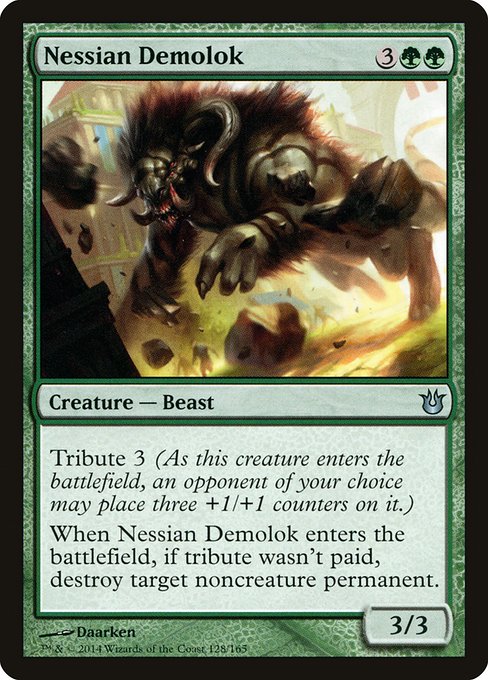
Tribute – First Introduced In: Born of the Gods
The original Theros block had some… Less than stellar designs. Tribute was one such design decision, and is widely regarded as one of the least popular mechanics with one of the least open design spaces ever created. First, all of the tribute cards are creatures, which is severely limiting. Second, these creatures had to be balanced primarily for draft and sealed gameplay at most rarities. Since commander is a 40 life format, none of these creatures present a serious threat if the tribute isn’t paid. Even in the case of Nessian Demlok, you may as well just play Acidic Slime instead, since you aren’t giving your opponents a decision and you’re always getting the removal. Can tribute be improved? Maybe. Design space is a major concern.
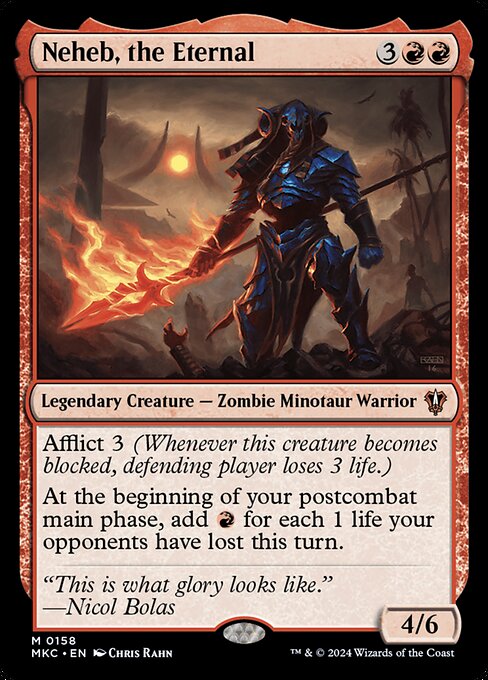
Afflict – First Introduced In: Hour of Devastation
Neheb, the Eternal is an outlier among cards with afflict, and is certainly not played because of that ability. Much like tribute, this ability doesn’t mean much in a format where each player starts at twice the normal life total. Even Wildfire Eternal has afflict as little more than an afterthought, as a gotcha for making your opponents block, but the card would be just as potent without the ability at all. At the end of the day, it’s a combat ability you can’t very well augment, and that alone makes it quite mediocre in a format like commander. Can afflict be improved? Maybe. There’s not a lot of design space there.
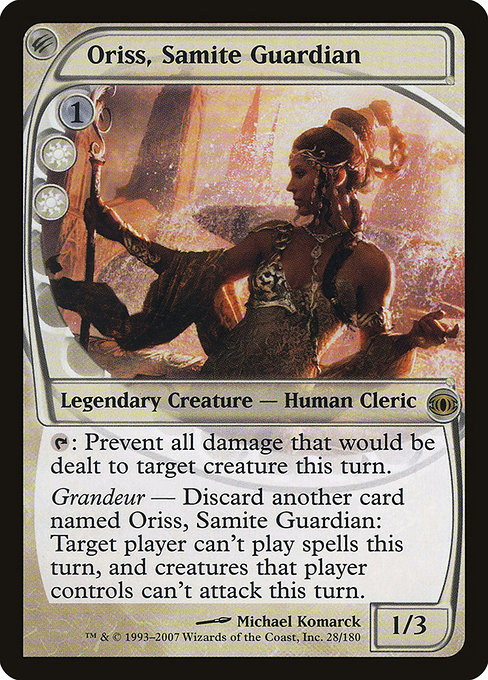
Grandeur – First Introduced In: Future Sight
I think you can figure out why this is here. After all, you can only play one of each card, and this encourages you to play multiples. There is some debate within WotC about whether or not non-legendary creatures can have grandeur, but unless they also have the “any number of copies” qualifier like Rat Colony, I wouldn’t hold my breath. Considering how few cards have the grandeur ability, and how long it’s been since they were printed, I would be shocked if more are on the horizon. Could grandeur be improved? Probably, but it isn’t likely to happen.
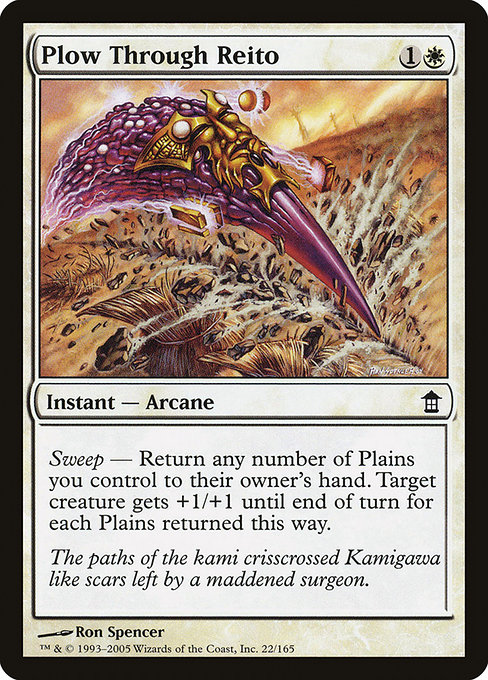
Sweep – First Introduced In: Saviors of Kamigawa
Yes, there was a mechanic in Saviors of Kamigawa which demanded you return lands to your hand, usually several at once, for a bonus. While I’m sure this made the draft format unique, this might be one of the worst mechanics for commander ever conceived. The cards themselves aren’t the worst, although they are certainly not staples by any stretch. Sweep hasn’t returned since Saviors for a reason. Can sweep be improved? The power level increase would have to be drastic, but it’s theoretically possible.
Those are all the mechanics I have space for today. There’s a decent amount of overlap between the infamous Storm Scale and mechanics which aren’t very good or fun in commander. This is no accident. Over the years, Magic has slowly zeroed-in on commander as a serious consideration when designing sets, including standard sets. I expect this to be the case going forward, and hopefully what we’ve gone over today is long behind us. I hope you enjoyed this deep dive. Until next week, I’ve been Luka “Robot” Sharaska, and this has been the Commander Corner!
[Luka V. Sharaska (they/them) earned the nickname “Robot” by having a monotone voice, a talent for calculating odds, and a perfect poker face. Robot has been playing Magic for more than a decade, starting during the days of New Phyrexia in 2011.]

